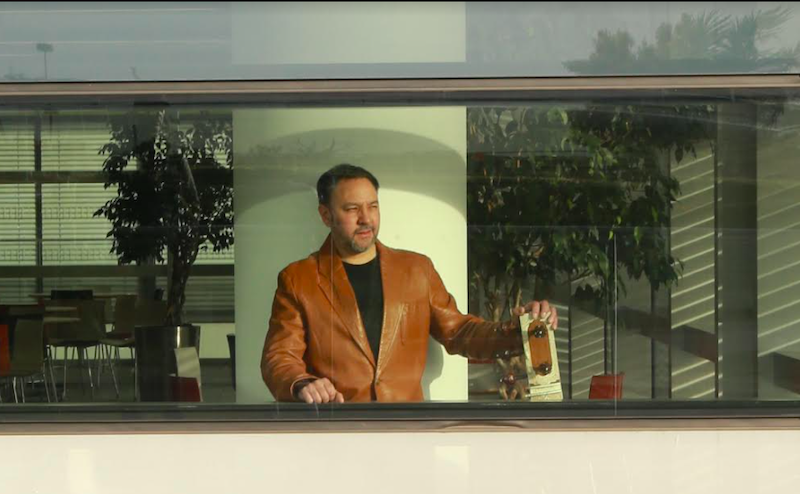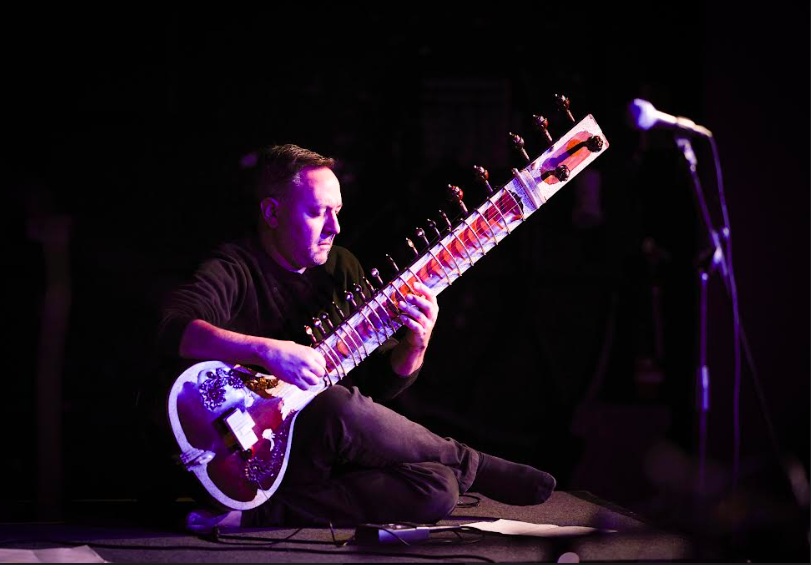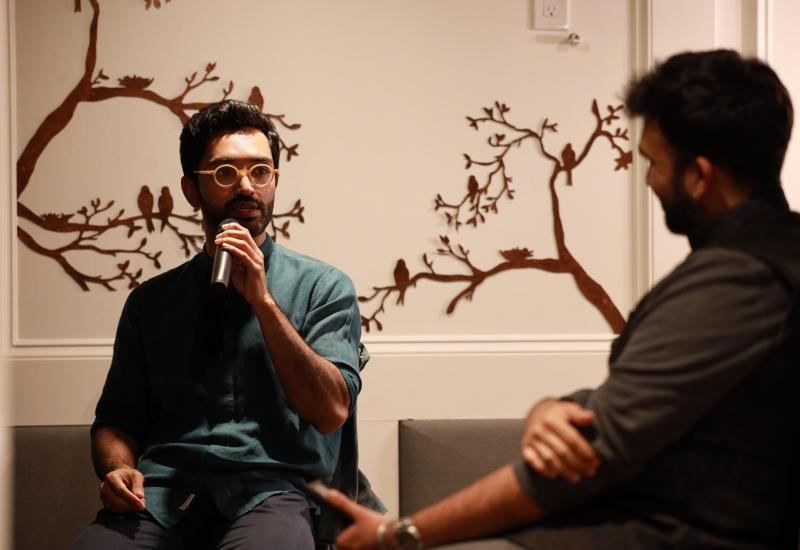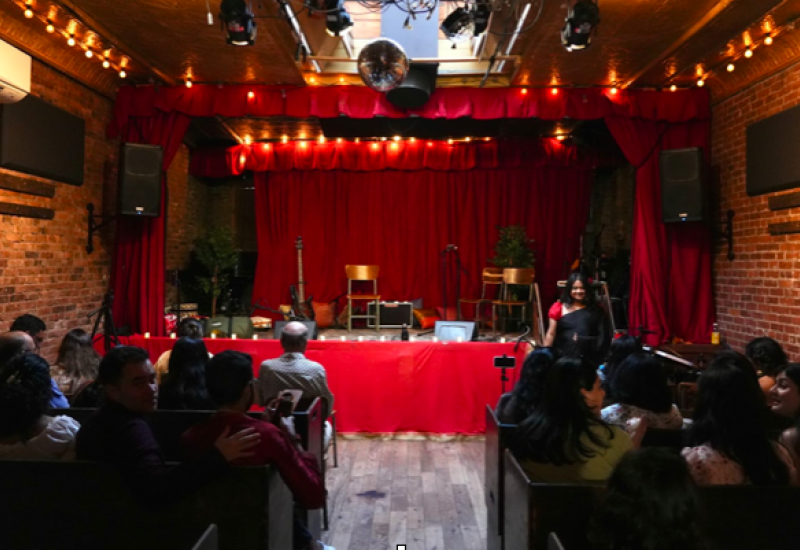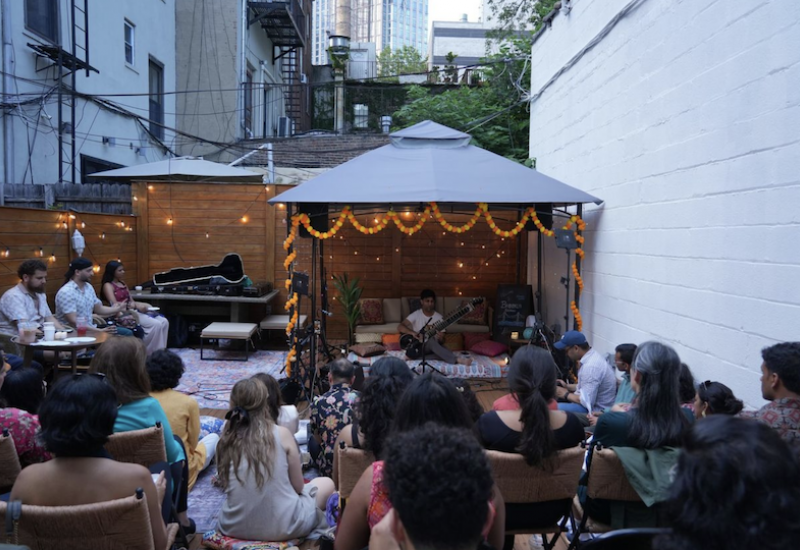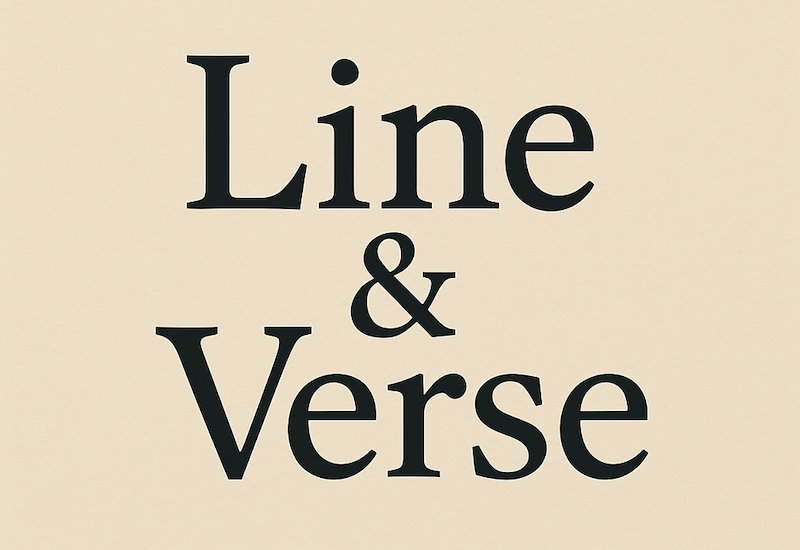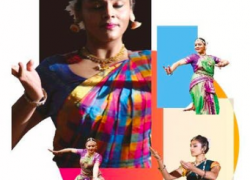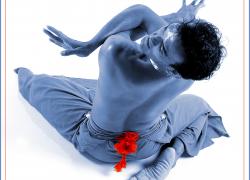In conversation: Jonathan Mayer
Jonathan Mayer in Conversation
Sitar player and composer Jonathan Mayer has a long family connection with India. His father John Mayer, also a composer, who played western classical violin, was born in Kolkata. Jonathan has traced his paternal family’s presence in India almost from the founding of the East India Company. He is a direct descendant of Christopher Mayer, a Persian to Bengali language translator in the 1780s; so one could say that Jonathan’s ancestors represent the exchange that has taken place over the last three hundred years between India and the UK.
‘I could read music before I could write’, says Jonathan. At his home in London (his father moved to the UK in 1952 to study at the Royal Academy of Music), music was the nine to five, ‘not a relaxation or a shared activity to be enjoyed after a day’s work, because it was the work’, he recalls. Both parents were full-time musicians – his mother studied the piano and played violin for a number of orchestras and his father was first violin for The London Philharmonic, amongst others. Jonathan recalls his father being preoccupied with writing scores. Incidentally, John Mayer wrote music for Ram Gopal, who teased the ‘Indianness’ out of John, reminding him of his Anglo-Indian origins so much so that John Mayer always wore a kurta over his trousers after encountering Gopal. Although John Mayer’s Indo-Jazz Fusions is one of his best known albums, he actually wanted to be known for his ‘symphonic work’. Jonathan no doubt picked up his father’s love for composition from the early years of observing his father’s absorption in the process.
Jonathan learnt the piano from James Methuen-Campbell and violin from his grandfather Albert Hepton, but gave up after his grandfather’s death when Jonathan was aged twelve. Four years later, it was the sitar that drew him back to music and the Indian heritage of his father’s family. Clem Alford, one of the first Europeans to take up the sitar, who appears on John Mayer’s Fusion album (1971), mesmerised Jonathan. He began to learn from Alford (whose fifty-five years of service to the sitar was marked on August 31 2023 at the Nehru Centre). Jonathan went on to further study under Ustad Wajahat Khan and from the sitar maestro Pandit Subroto Roy Chowdhury. His guru had a great love for the ancient form of dhrupad and in fact became a pupil of dhrupad singer Ustad Nasir Aminuddin Khan Dagar. Jonathan’s desire to delve deeply into his art is evident from his choice of teacher. He is currently studying under Ustad Irfan Muhammad Khan, Khalifa of the Lucknow Shahjahanpur Gharana.
Alongside his apprenticeship in sitar, Jonathan studied composition at Birmingham Conservatoire under Andrew Downess and gained a Bachelors in Music (Honours). The facility to read and write music together with his knowledge and experience of the Western and Indian musical heritages puts Jonathan in an unique position to compose and score.
In 2020 I heard Jonathan play a composition for Amina Khayyam Dance Company’s KanthaKathak in Dallow Community Centre in Luton, as part of the Company’s tour. It was an uplifting and intriguing piece in which the dancers are enacting a scene of peace and joy. The piece was for sitar, sarod, cello and tabla. What intrigued the ear used to Indian music was the fact that the musical phrase did not always complete on a common sam, so the cross-rhythms gave a delicious sense of the unexpected. The stringed trio too produced gorgeous harmonies which made the listening experience very pleasurable. I learned later that the piece was based on Russian composer Borodin’s ‘Nocturne’. The choice of the music was made by Amina Khayyam, but the scoring for the instruments and writing of additional music was done by Jonathan. He also went on to compose for the same Company’s productions of Bird and You and Me.
Jonathan’s composition highlights include commissions for the London Philharmonic Orchestra & The Bohuslav Martinů Philharmonic.
He also has a passion for inspiring young players in schools to learn more about South Asian music and has written ten pieces based on Raga music for Western instruments specifically for Key Stage Three. The idea behind the project was to move the teaching of the music from other cultures on the school curriculum from merely learning ‘terminology to actual playing’.
In July 2023 Jonathan was appointed as Artistic Director of Zer0classikal, which aims to create opportunities for South Asian classical musicians to develop professional routes. This will take the form of commissions, performance platforms and one-to-one mentoring. He says. ‘I also intend to push the boundaries of the genre through encouraging artists to think outside the box’. In addition, there will be a Series of ‘baithaks’ featuring a number of talents at a monthly programme at Rich Mix. (The first is on 1 October 2023)
Jonathan can be described as having a ‘portfolio career’ – he is a session musician, a composer who has his piece played by some of the best orchestras in the world, concert artist; a mentor; but equally, he will do weddings (three on the day I ran into him at a niece's wedding!). He is also the co-director of First Hand Records that produces classical music and albums of his father, guru amongst others. The main thing is that Jonathan has managed his life as a full time musician, able to support a family and pursue his calling. One cannot think of a better way to live, work and contribute to society.
Pulse wishes Jonathan Mayer a long and creative career making and playing music.
Baithak sessions at Rich Mix, London.
